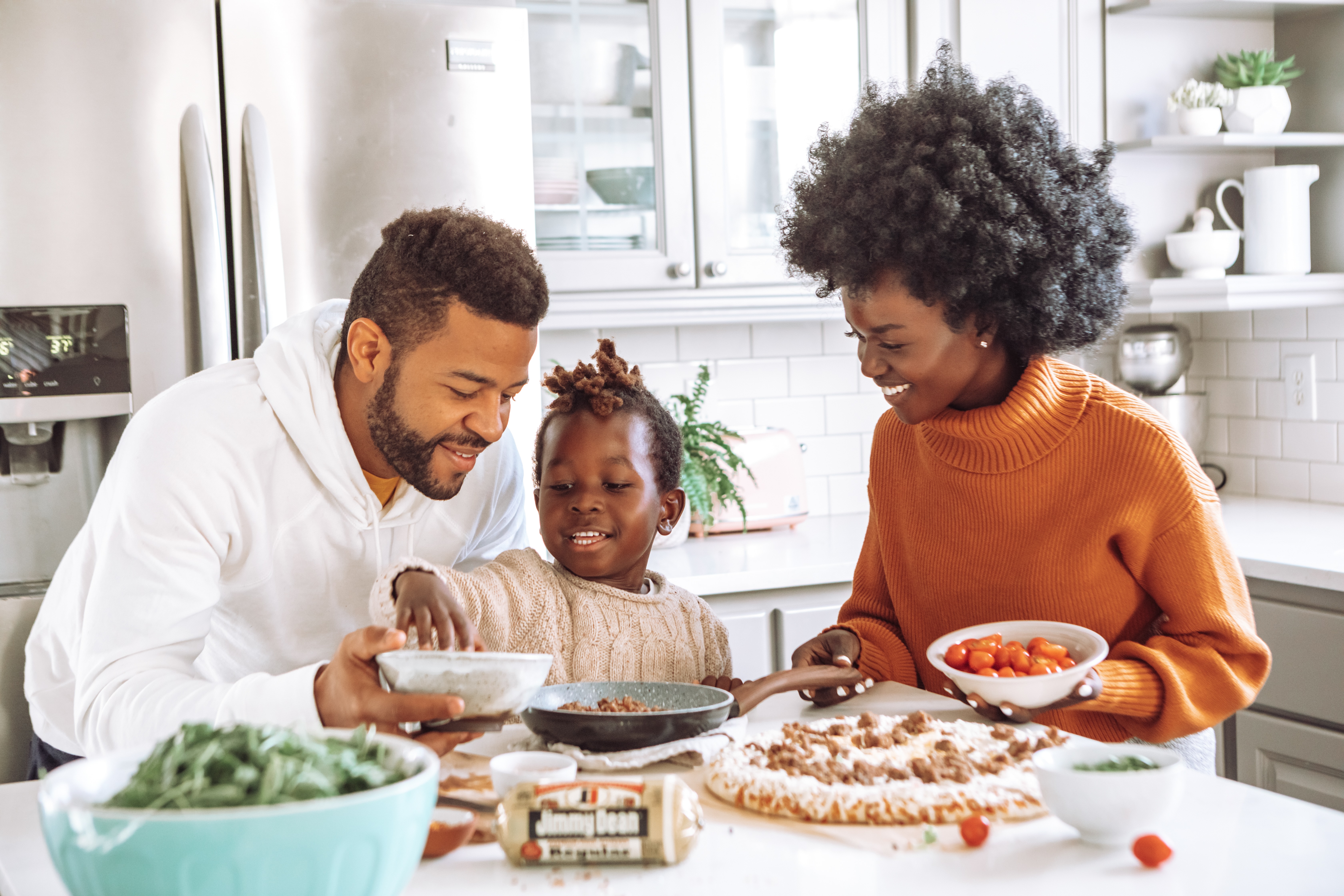
Your child wants to be seen and heard. When you demonstrate patience, you also give your child the message that he is valued and validated. And when you lose patience, you can create stress and frustration for your child.
The benefits of modeling patience
Children model what they see, and when you parent with patience, you model respect, empathy, security, and good self-esteem. These are the characteristics you want to foster in your child. These are the experiences that teach your child how to be present and intimate, not only with himself but also with others.
So, when you “Stop, Look, and Listen” to your child, you show him that he is important, that you believe in him, and that you have empathy and compassion for his feelings. Active listening is based on patience and leads to the confidence needed for self-mastery. And finally, patience encourages not just empathy and compassion but also confidence and competence.
Conscious Parenting
Patience is a virtue. By becoming a conscious parent, you can deliberately override your reactive behavior and impatience so that you can be present for your child when he needs you. By not projecting out onto your child your inner discord or stress, you can learn how to choose your behavior rather than being a victim of it. This is conscious parenting, and it helps you integrate your compulsions while modeling for your child what it is to be a proactive, healthy adult.
Be what you want to see.
Children are social learners who learn through experience, environment, modeling, and imitation. Be what you want to see. This will help you be present in your child’s life, as well as your own. By paying attention, being an active listener, and making eye contact when talking with your child, you lower his frustration and give him the message that you are with him and present for whatever he is doing. This teaches him that patience is really listening and being present in a relationship.
My empathic process is a perfect working tool to teach patience because it gives a safe environment in which to allow your child to practice and rehearse what it means to be patient, present, and invested in the process of relationship.

